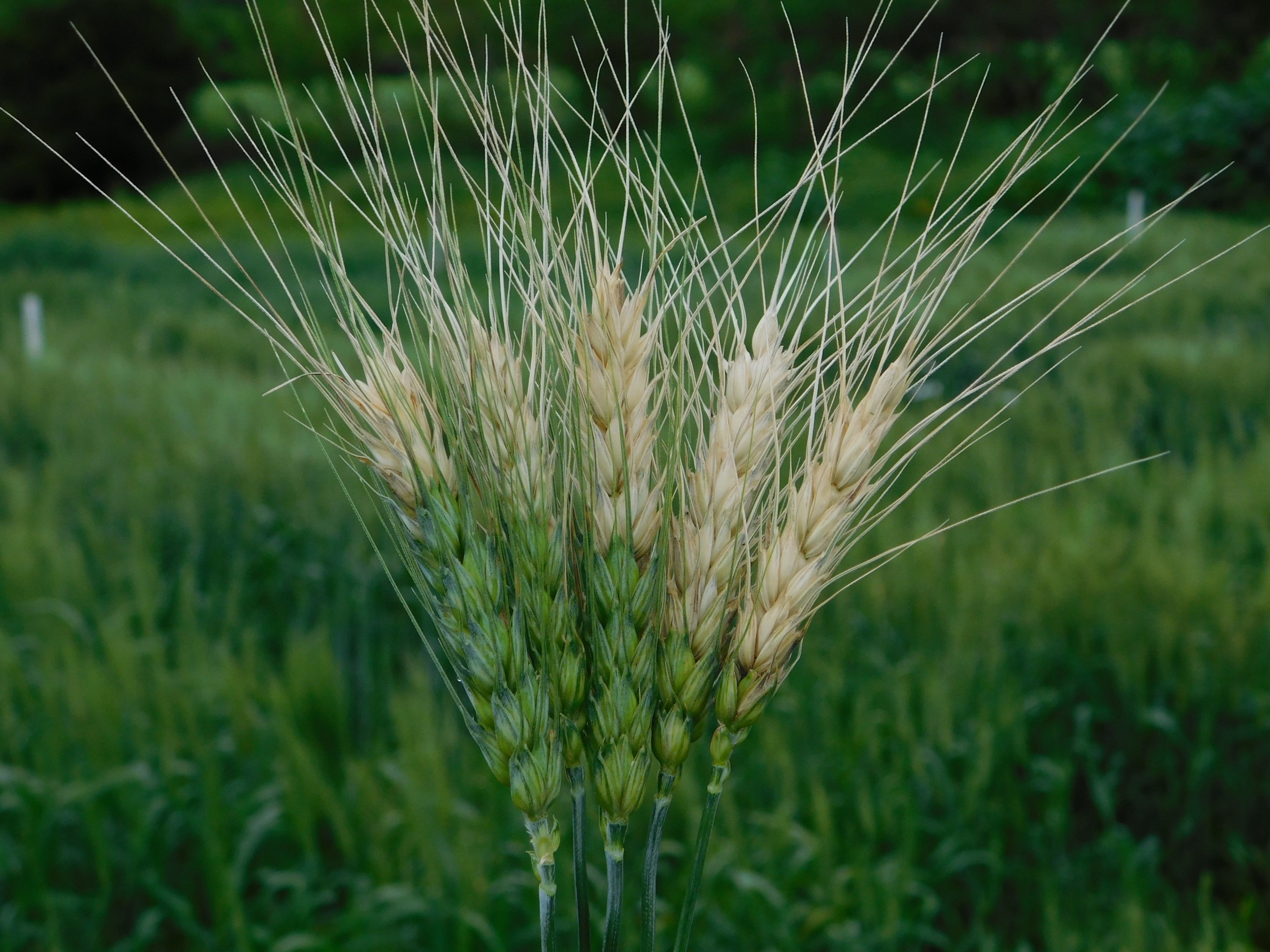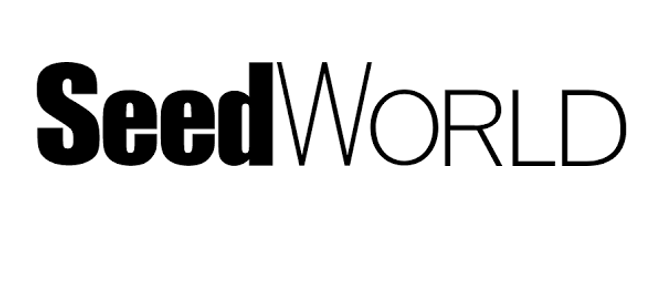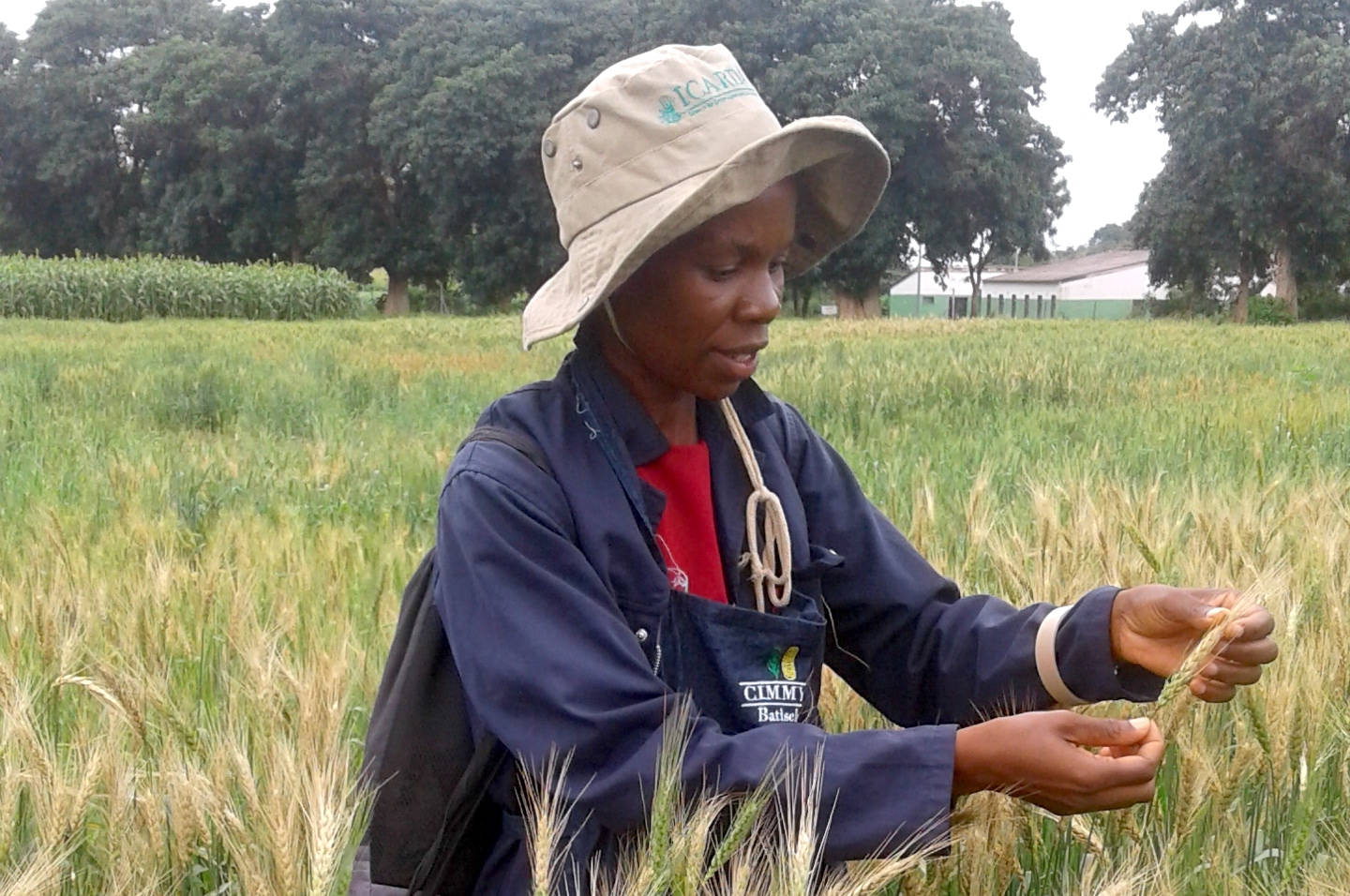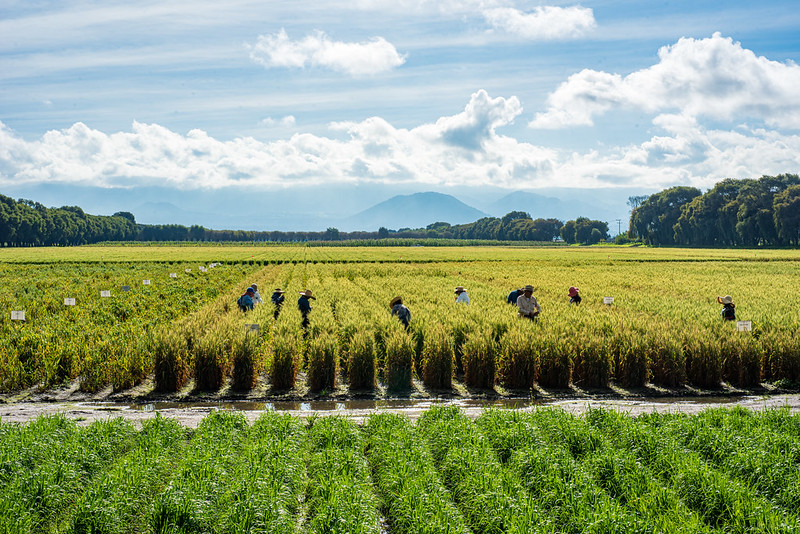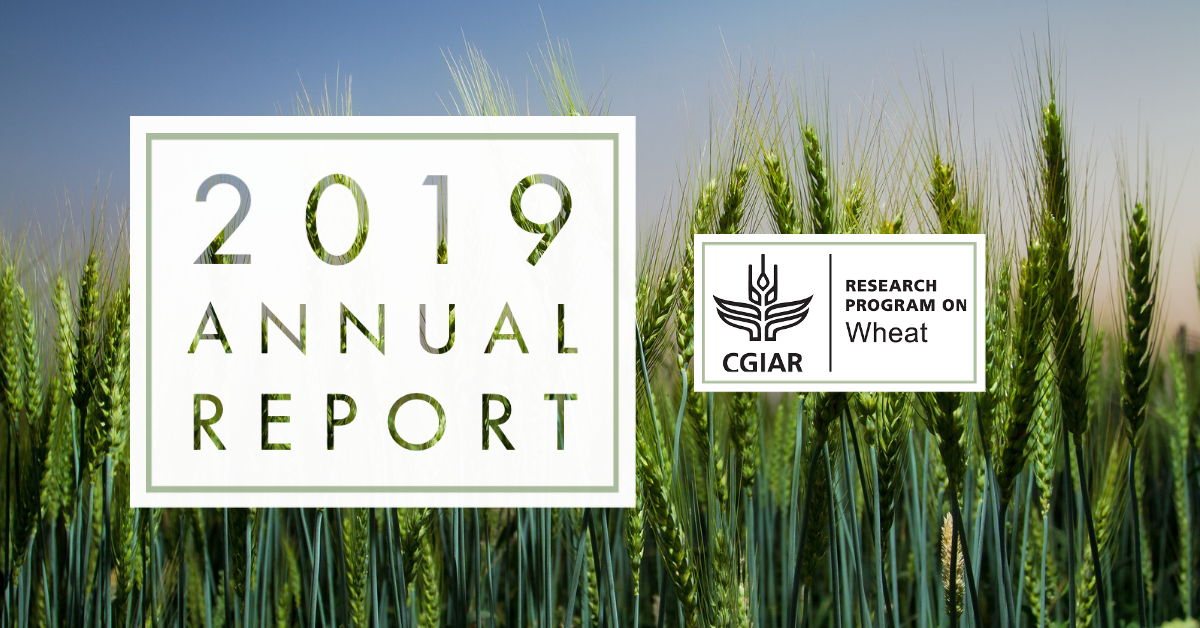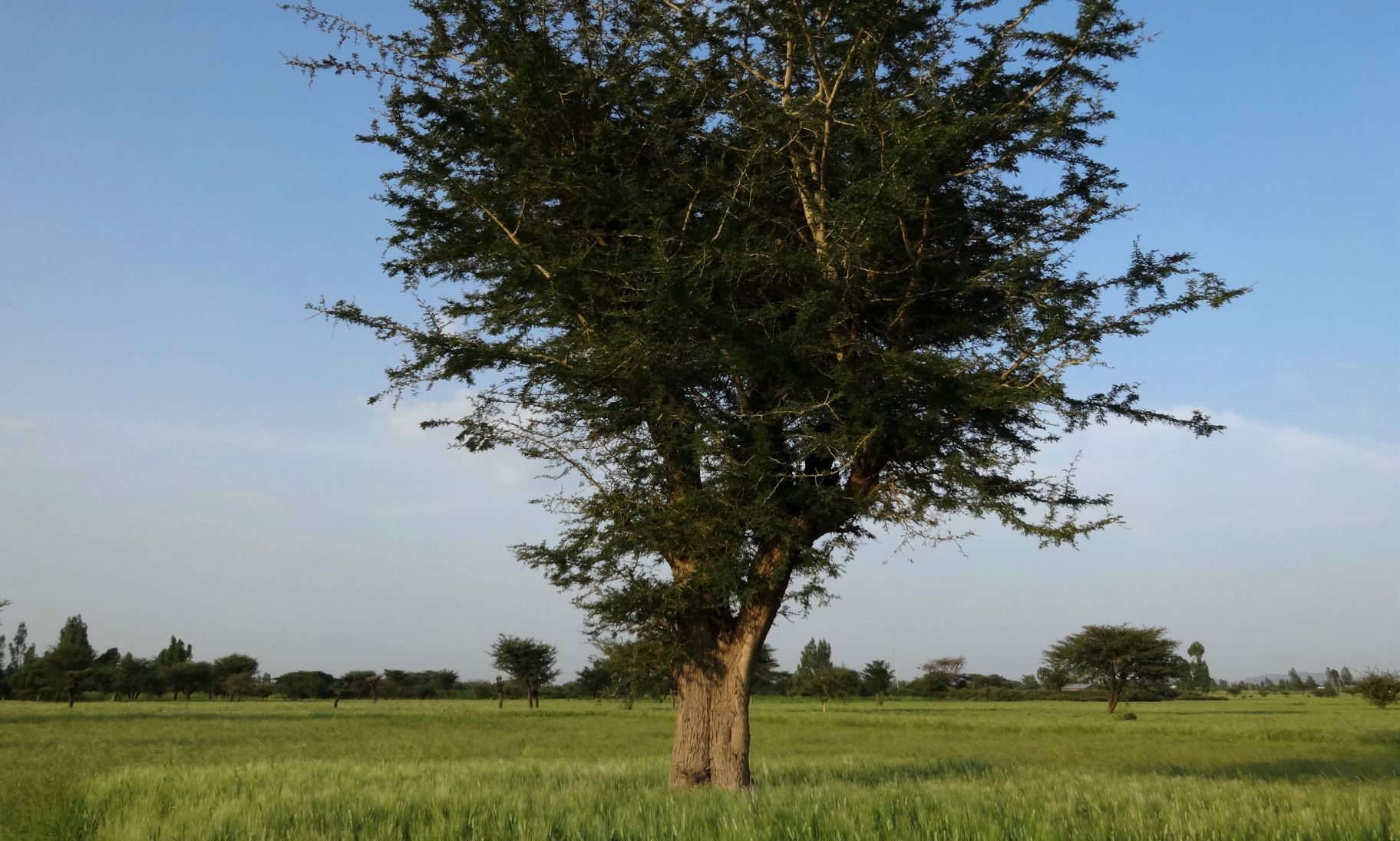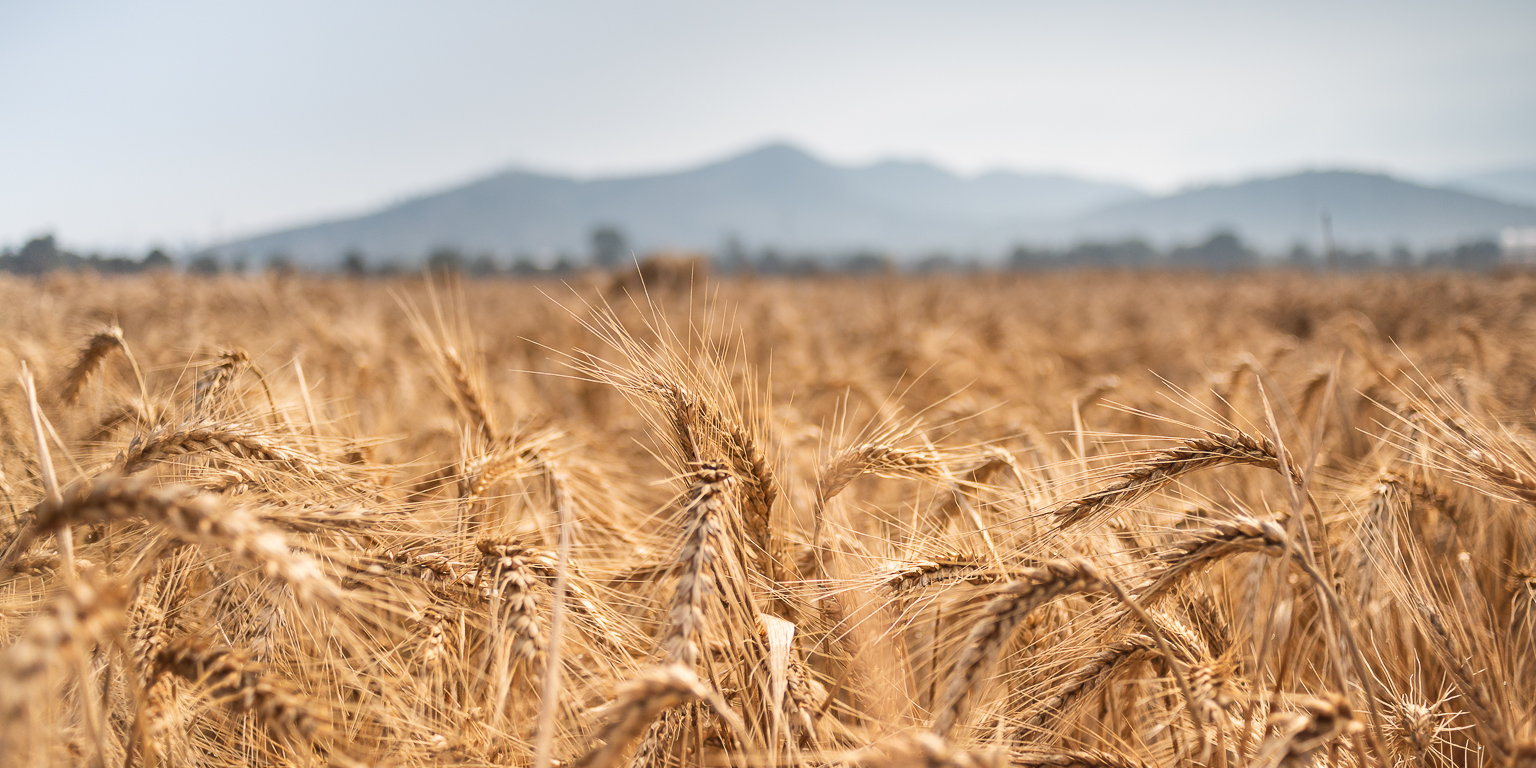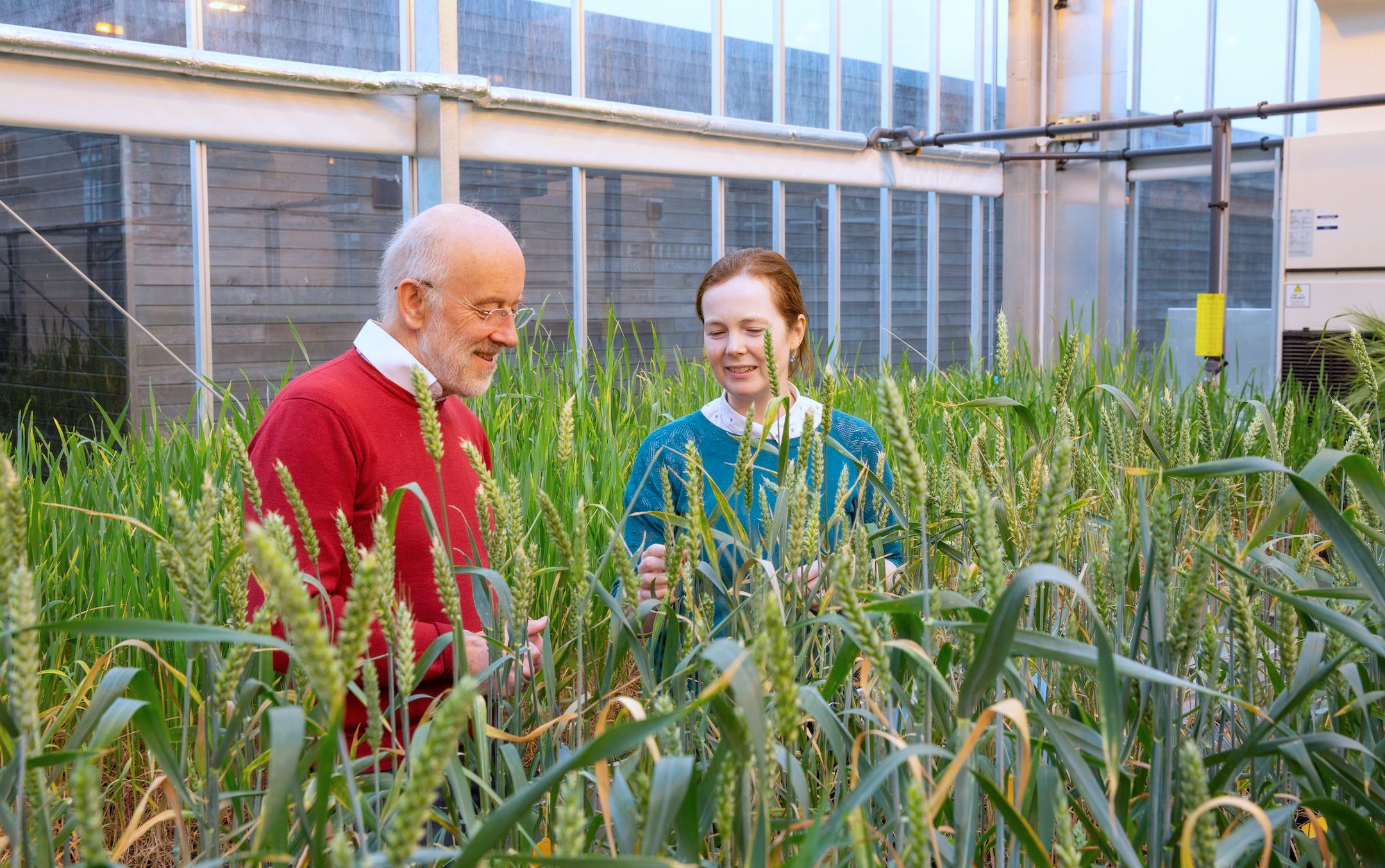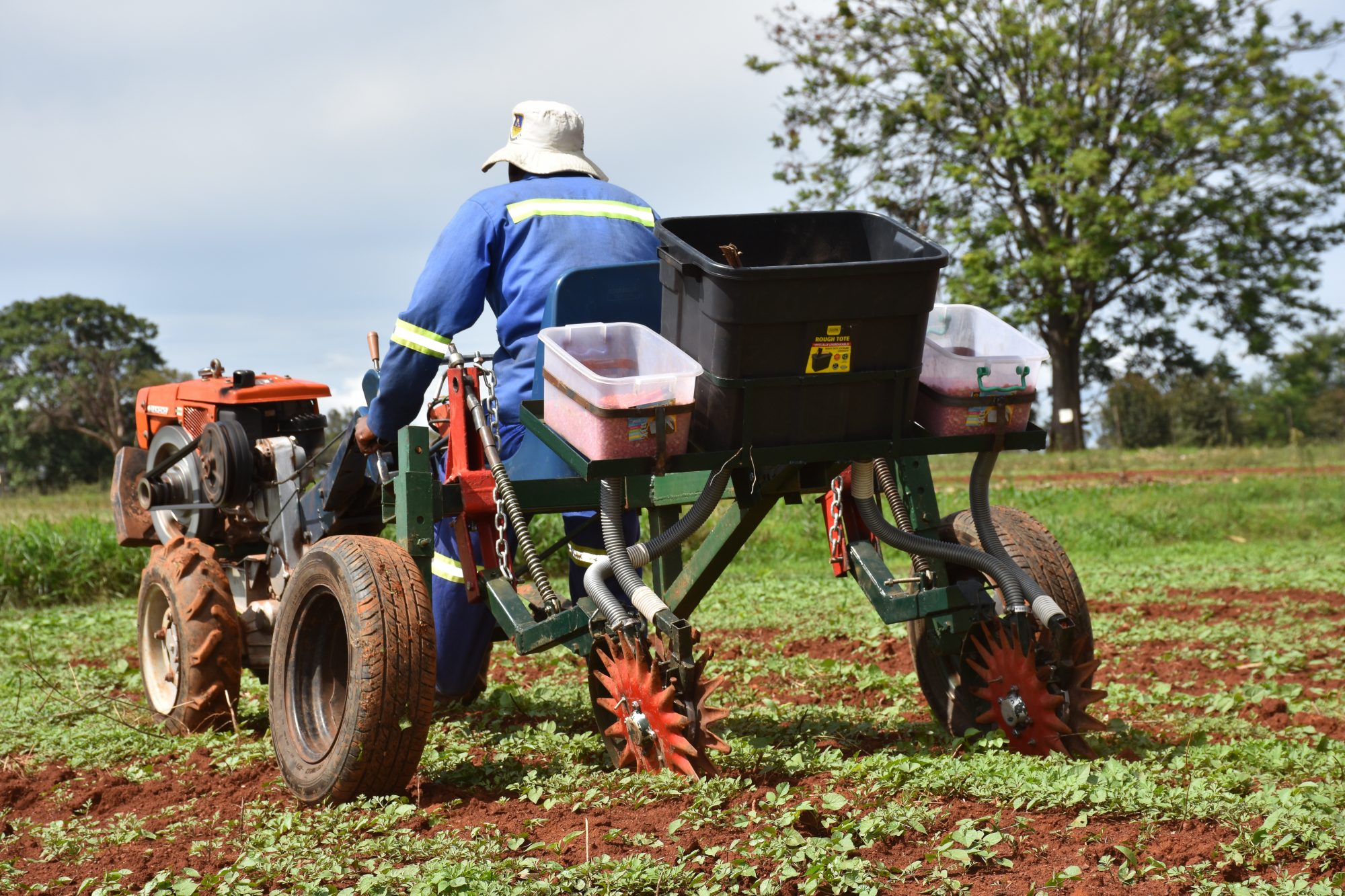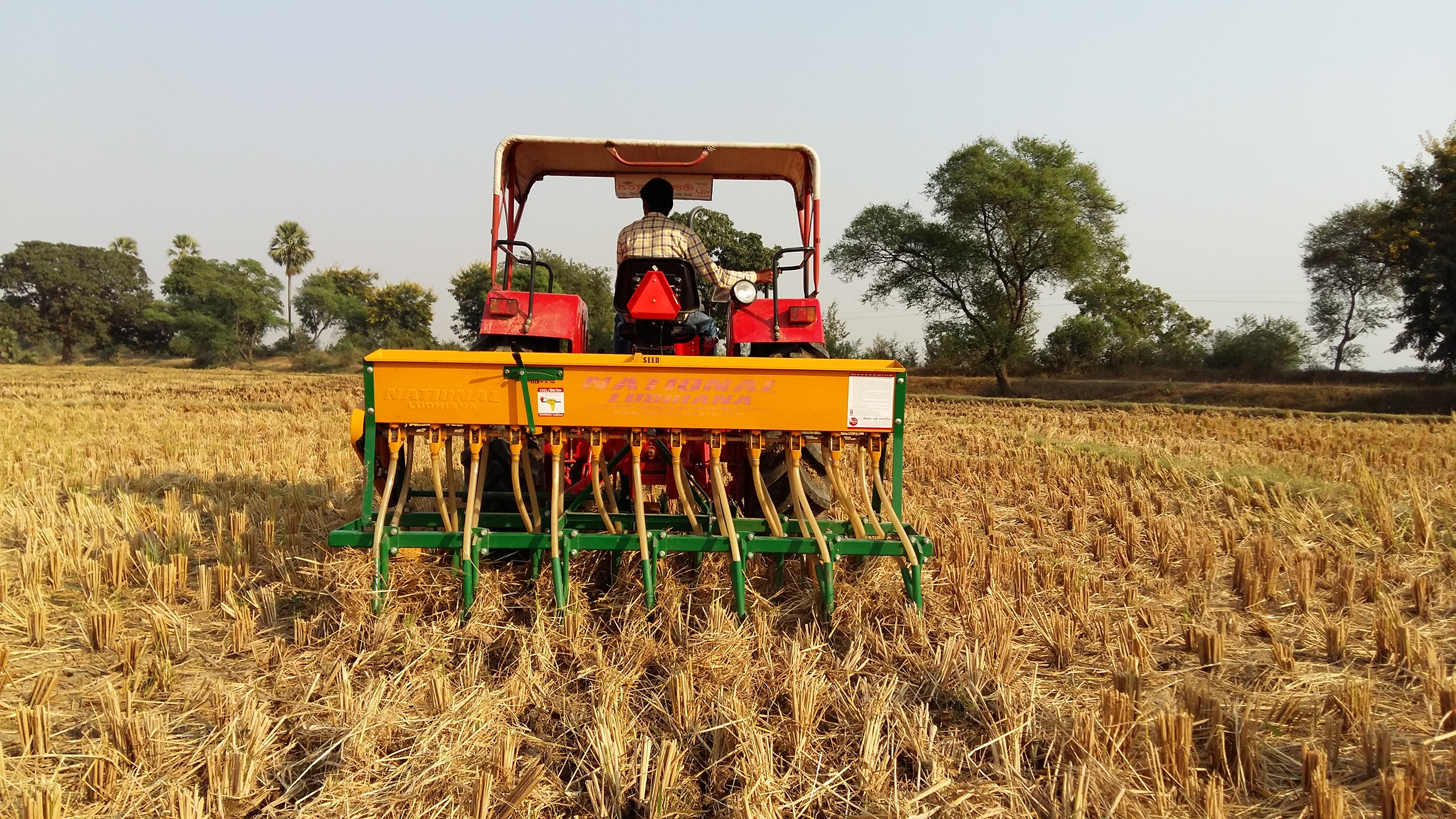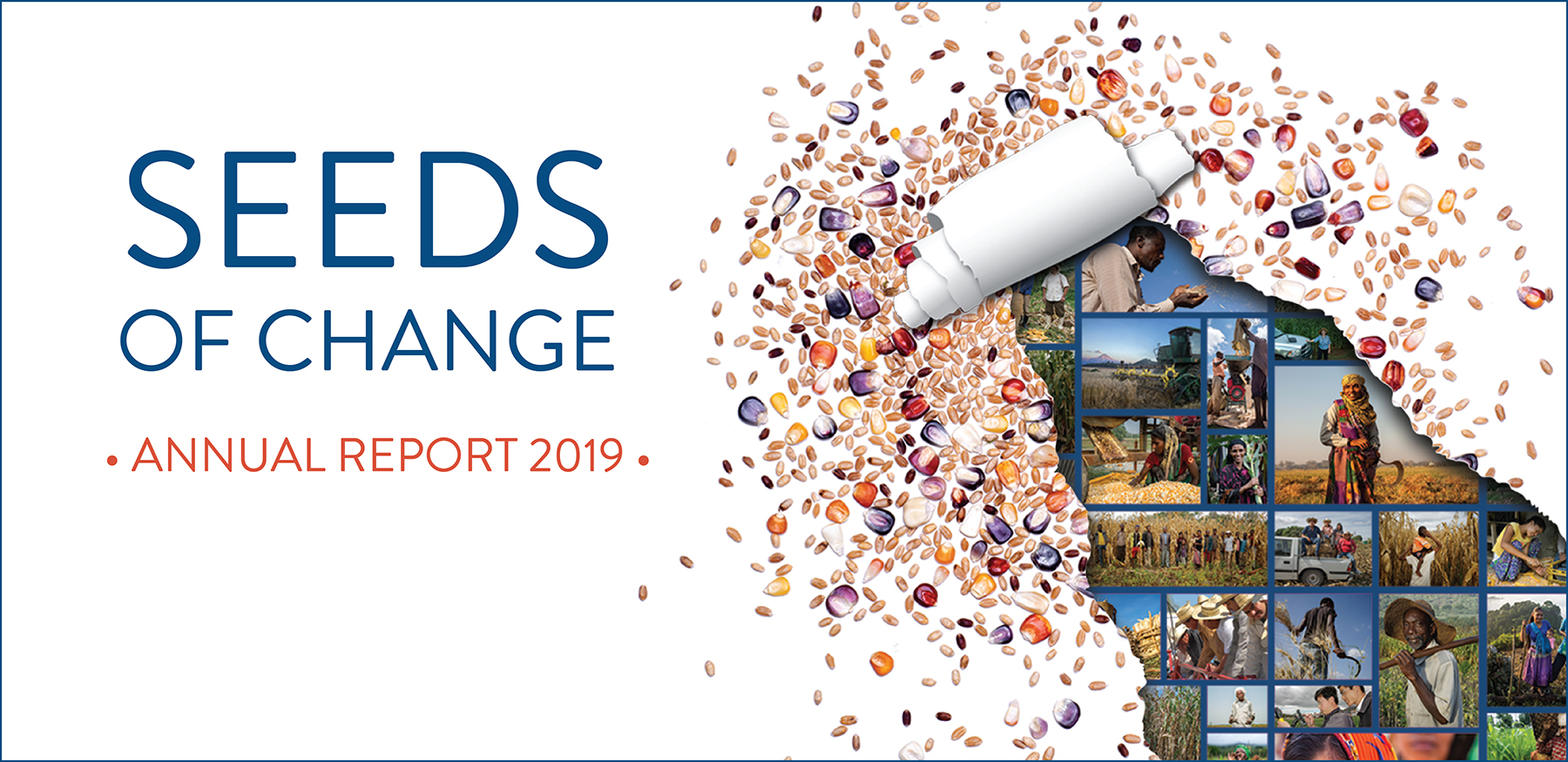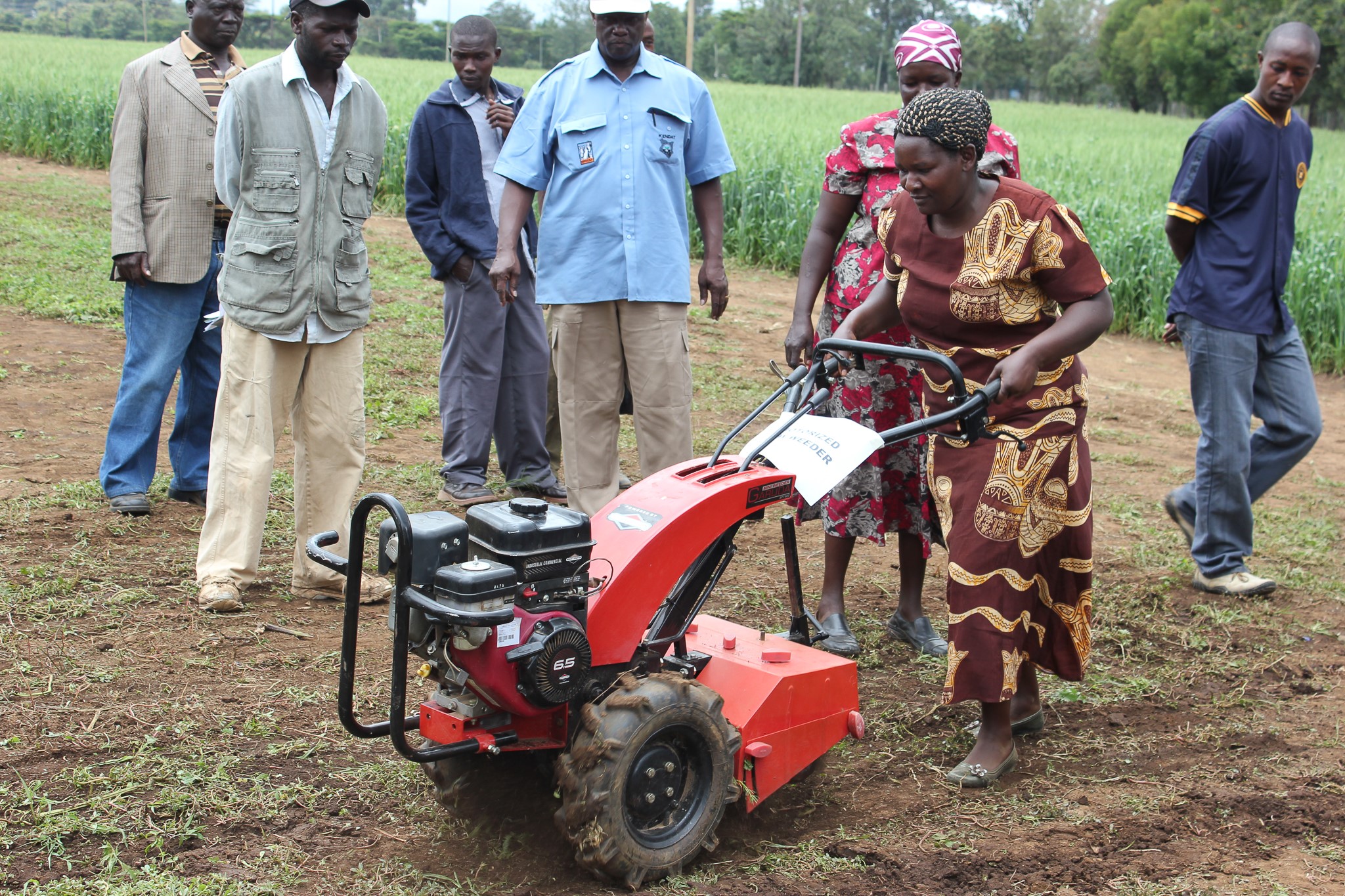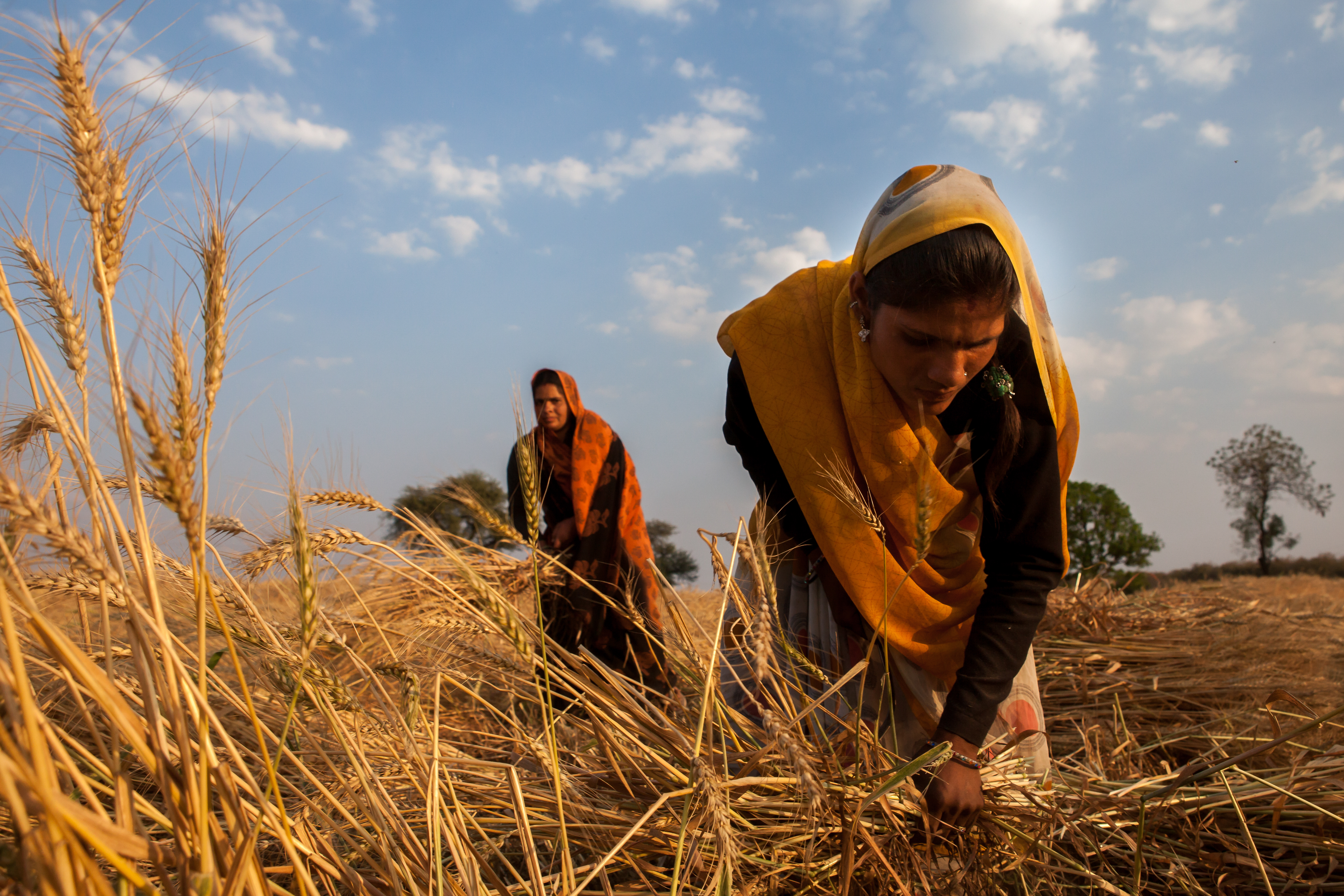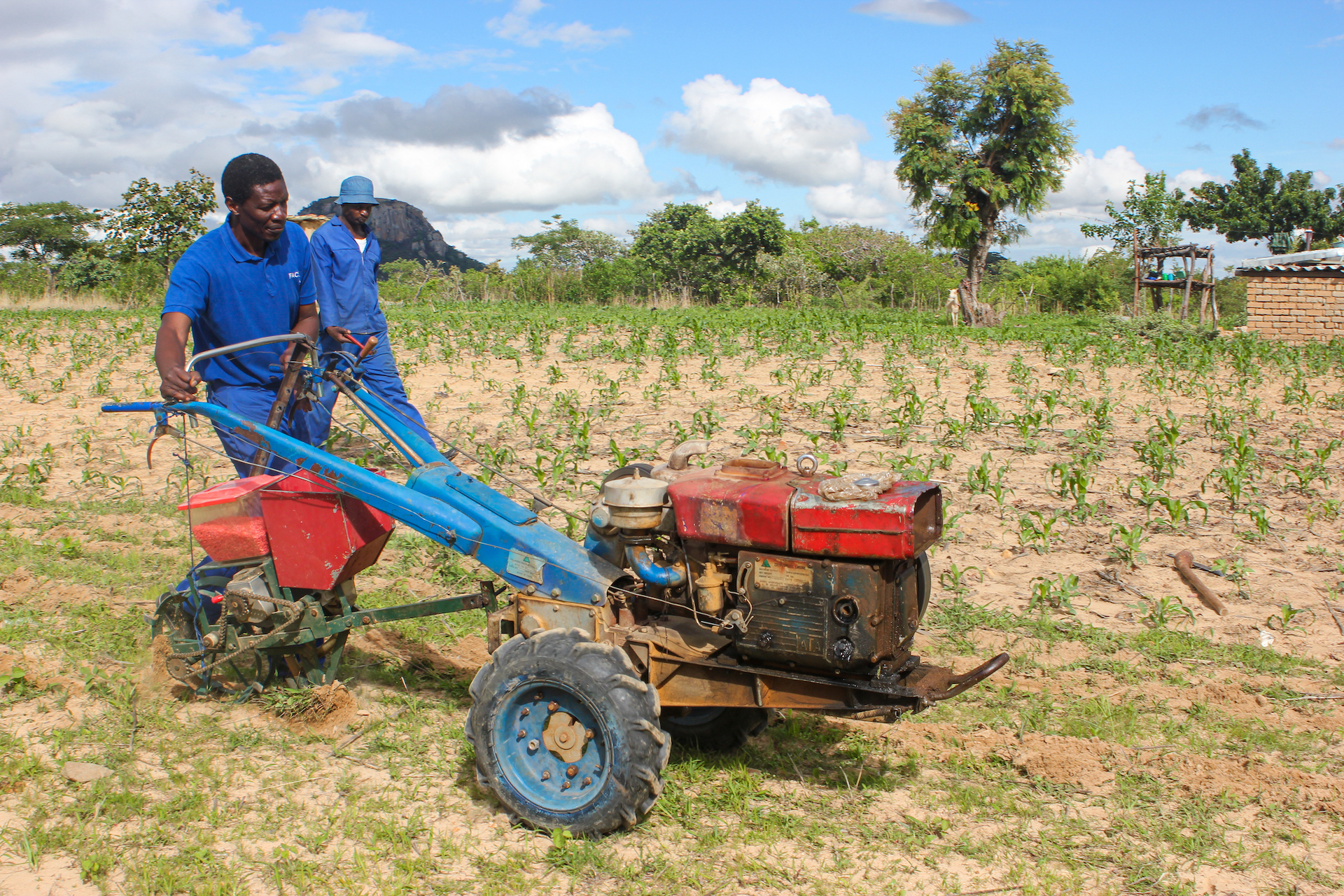CGIAR Research Program on Wheat (WHEAT)
Joining advanced science with field-level research and extension in lower- and middle-income countries, the CGIAR Research Program on Wheat (WHEAT) works with public and private organizations worldwide to raise the productivity, production and affordable availability of wheat for 2.5 billion resource-poor producers and consumers who depend on the crop as a staple food.
WHEAT is led by the International Maize and Wheat Improvement Center (CIMMYT), with the International Center for Agricultural Research in the Dry Areas (ICARDA) as a primary research partner.
Funding for WHEAT comes from CGIAR and national governments, foundations, development banks and other public and private agencies, in particular the Australian Centre for International Agricultural Research (ACIAR), the UK Department for International Development (DFID) and the United States Agency for International Development (USAID).
Scientists find genomic regions associated with wheat blast resistance in CIMMYT nurseries
 Environmental health and biodiversity
Environmental health and biodiversity
Genomic-wide association study evaluated samples from Bolivia and Bangladesh for blast-resistant genes.
Seed Seekers, Seed Keepers, Seed Growers
 Nutrition, health and food security
Nutrition, health and food security
Source: Seed World (1 Oct 2020)
CIMMYT’s seed bank preserves the genetic diversity of maize and wheat so the crops can adapt to a changing production environment.
Wheat blast has made the intercontinental jump to Africa
 Nutrition, health and food security
Nutrition, health and food security
Researchers in Zambia confirm the arrival of this devastating fungal disease to the African continent.
A track record of delivering local solutions with a global perspective
External review confirms the impact and achievements of the CGIAR Research Program on Wheat and its vital partnerships.
CRP Wheat Annual Report 2019
 Innovations
Innovations
In its seventh year, WHEAT helped farmers grow nutritious, resilient and high-yielding wheat, through cutting-edge research and 50 new CGIAR-derived varieties.
Massive-scale genomic study reveals wheat diversity for crop improvement
 Innovations
Innovations
Source: Phys.org (11 Sep 2020)
Scientists complete one of the largest genetic analyses ever done of an agricultural crop to find desirable traits in wheat’s extensive and unexplored diversity.
Matching nutrients to agroforestry systems for greater maize and wheat yields
 Innovations
Innovations
Case studies from Ethiopia and Rwanda show adaptable fertilizer rates may help tree-based smallholder farmers, thus providing them with options to cope with COVID-19-imposed fertilizer shortages.
Massive-scale genomic study reveals wheat diversity for crop improvement
 Environmental health and biodiversity
Environmental health and biodiversity
A team of scientists has completed one of the largest genetic analyses ever done of any agricultural crop to find desirable traits in wheat’s extensive and unexplored diversity.
Alison Bentley to be new Global Wheat Program director
 Capacity development
Capacity development
She will bring to CIMMYT many years of experience in wheat genetics, wheat genetic resources and wheat pre-breeding.
Small is beautiful
 Gender equality, youth and social inclusion
Gender equality, youth and social inclusion
7 ways to make small-scale mechanization work for African farmers.
Could coronavirus drive farmers to adopt sustainable practices in India’s breadbasket?
 Climate adaptation and mitigation
Climate adaptation and mitigation
Interest in farm machinery and crop diversification spike as farmers respond to COVID-19 labor shortages.
Annual Report 2019 launched
 Innovations
Innovations
CIMMYT’s work may begin with seeds, but our innovations support farmers at all stages of the value chain.
African small-scale mechanization project winds down after strong results
 Gender equality, youth and social inclusion
Gender equality, youth and social inclusion
The two-wheel tractor has proven its worth in Africa’s smallholder farms thanks to the FACASI project.
New publications: From working in the fields to taking control
 Gender equality, youth and social inclusion
Gender equality, youth and social inclusion
New study presents a typology of women’s decision-making in wheat in India.
Farm mechanization under COVID-19
 Innovations
Innovations
As the current pandemic and restrictions create labor constraints, CIMMYT experts discuss the role scale-appropriate farm machinery can play in addressing them.
